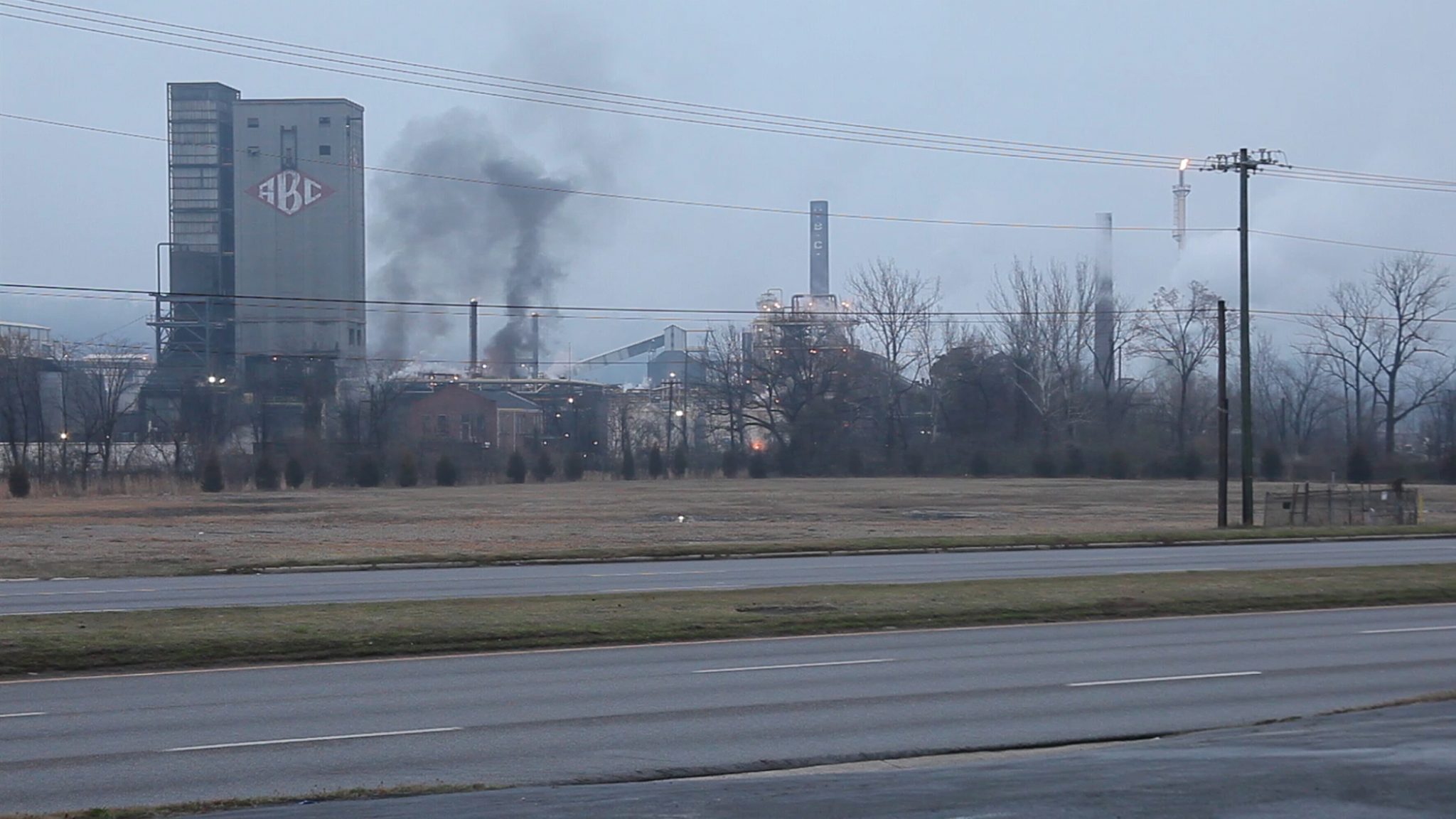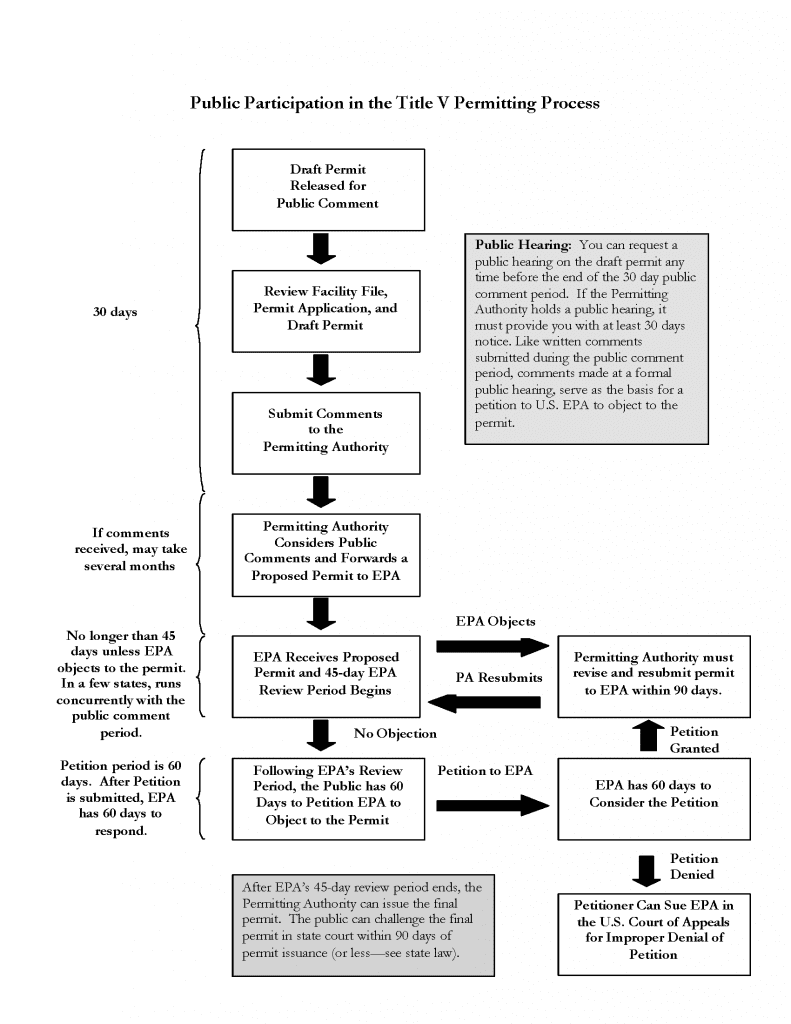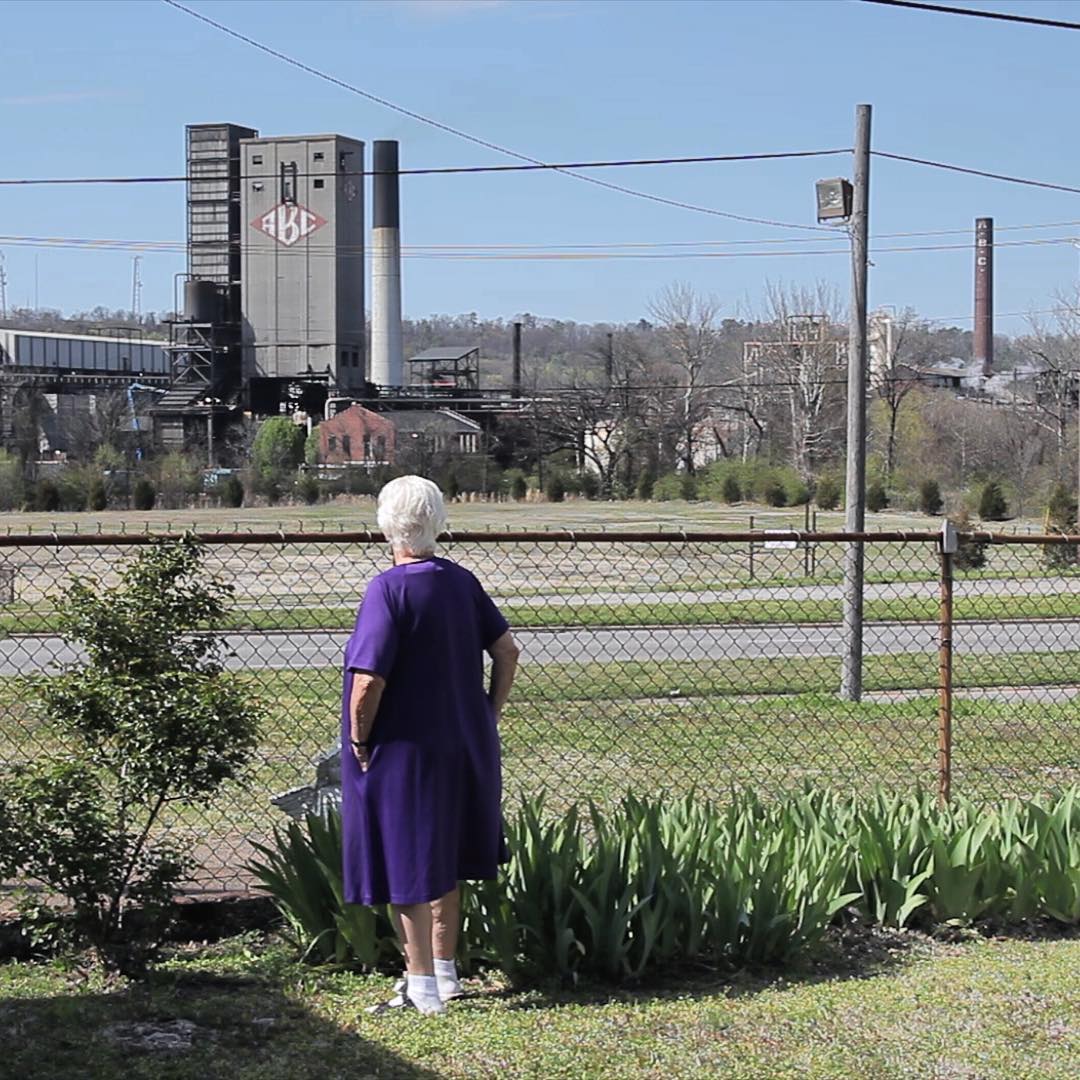
Gasp Comments on ABC Coke Permit: What Happens Next
I was taken completely aback when one of Jefferson County Department of Health’s (JCDH) air pollution control engineers gave me a head’s up that ABC Coke’s Title V permit renewal was up for public comment an entire year earlier than I expected. I dutifully check JCDH’s public notices every day, so the head’s up actually helped me not to enter a full on tailspin panic. I immediately dove into the draft permit and permit applications, which are hundreds of pages. The next day, I prepared an official letter requesting an extension for the public comment period and a public hearing. Within less than a week, JCDH granted an extension and public hearing.
At the public hearing I and my colleagues called on JCDH to do better. Many issues I saw in the draft permit and permit application were indicative of a lack of effort or interest in going beyond a D-level evaluation of a facility that is hurting people and a community and actively working against relief for that community. I firmly maintain JCDH can and should do better: that is my job as an agency watchdog. But I also give credit where its due, and extend grace every chance I can. The engineer at JCDH did not have to give me a head’s up about the permit being up for public comment. JCDH did not have to grant a generous comment extension. They did not have to provide one, let alone two hearings. These are steps in the right direction and they matter. I will echo what our Executive Director, Michael Hansen, said at the public hearing: we will continue to push JCDH to do better, but we also want to be a partner and ally where we can.
Below are Gasp’s comments in full, for anyone who might want to dive in.
Gasp Comment Final Draft by GASPgroup on Scribd
For people who prefer bulleted lists, here is a high level view of the major issues we identified:
- A major issue affecting the permit is the Responsible Official (RO). The RO for ABC Coke does not meet the 40 C.F.R. 70.2 definition, as he is not a corporate officer of ABC Coke or Drummond Company (see comment for further information). The RO is a pretty big deal, because they sign as representative of the corporation, but may also be individually liable under environmental criminal provisions.
- There were many and varied instances in which the permit application was not complete. For example, JCDH provides certain forms that must be completed as part of the permit application, and ABC Coke submitted several old forms instead of newer versions. Many “plans” and attachments required to be included with the permit application and/or draft permit were not publicly available or attached to the permit application.
- Many permit conditions in the draft permit raised significant issues of federal enforceability. What does this mean? Simply put, it’s the ability of the EPA Administrator to enforce limitations and conditions of the permit. The Clean Air Act (CAA) allows citizen enforcement. Citizen enforceability and federal enforceability are intrinsically tied to one another. The Title V permit review and comment process was designed to be transparent and allow full, meaningful citizen (this is the term used by the statute, I personally think anyone, citizen or not, has the right to weigh in on how pollution affects them) participation. Where information is not included, citizen participation is threatened, which means there are issues of federal enforceability; i.e. citizens can’t enforce without all of the information. The comment itself dives into several different areas of this issue, if you’d like to learn more. This particular aspect also has a lot do with the next steps for the permit.
- Some permit conditions just shouldn’t be there. Period. (See section III. B, for example).
- For anyone who loves technicality and detail, dive into Sections V and VI of the comment. These are detailed arguments about specific emissions units and monitoring at ABC Coke.
- A major, major issue throughout addresses monitoring to assure compliance with the CAA. It is this area where it is most abundantly clear that JCDH can do much, much better at regulating ABC Coke and protecting surrounding communities. There are multiple and layered issues discussed in Section VII. of the comment, but most alarming are major concerns about actual compliance with 1 hour sulfur dioxide National Ambient Air Quality Standards. Attainment is a big deal. Sulfur dioxide is a big deal; it causes short and long term health effects. If you read just one section of our comment, this would be the one I’d point you to.
- We also reference in our comment the Southern Environmental Law Center’s comments, which can be found in ATTACHMENT D in the document below.
Attachments a C by GASPgroup on Scribd
For anyone who is wondering what’s next, the graphic below is very helpful. (Click to download a PDF version.)
We will update all of you when JCDH sends the proposed permit to EPA, which begins EPA’s 45 day review period.


